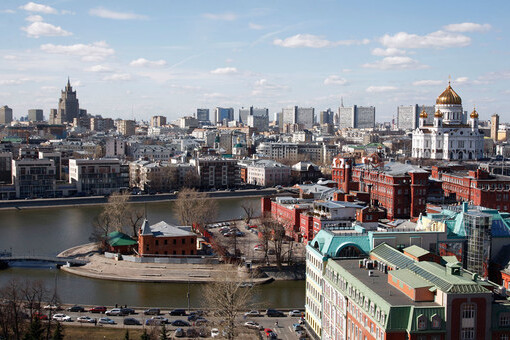UN Human Rights Chief Michelle Bachelet on Thursday urged Russia’s President Vladimir Putin to end the country’s war against Ukraine, while also calling for the Zaporizhzhia nuclear power plant to be immediately demilitarized.
Speaking to journalists in Geneva just days before her term as High Commissioner for Human Rights comes to an end, Ms. Bachelet also said that she was still “trying very hard” to finalise publication of her Office’s long-awaited report on the situation of the mainly Muslim Uyghur ethnic minority in China’s Xinjiang province.
“We’re working on the report, I had fully intended for it to be released before the end of my mandate and I will try,” she said. “We have received substantial input from the Government that we will need to carefully review (as) we do every time with any country.”
Ms. Bachelet noted that she had raised concerns with senior Chinese officials about human rights violations in the province, including reports of arbitrary detentions and ill-treatment in institutions, during her official visit in May, adding that her Office’s report looks “in depth” at these and other accusations.
Terrifying months for Ukraine
On Ukraine, the High Commissioner described the past six months since the Russian invasion as “unimaginably terrifying” for the people of Ukraine.
Nearly seven million people had had to flee the country and millions more had been internally displaced, said Ms. Bachelet, who also noted that of the 5,587 confirmed civilians killed, nearly 1,000 were children.
And amid increasing concerns about the Zaporizhzhia nuclear plant complex and accusations by Ukrainian and Russian forces that each has been shelling it, the UN rights chief insisted that “both parties” should respect international human rights law and international humanitarian law “at all times and in all circumstances”.
Violent escalation in Myanmar
Marking five years since more than 700,000 ethnic Rohingya fled from Myanmar to Bangladesh to escape a military crackdown, Ms. Bachelet insisted that Myanmar’s human rights “catastrophe” had continued to worsen.
The High Commissioner said that Myanmar’s Tatmadaw forces had maintained and even escalated operations against civilians in residential areas in southeast, northwest and central regions, 18 months since they overthrew the Government.
Today in Myanmar, more than 14 million people need humanitarian assistance and the Office of the High Commissioner for Human Rights (OHCHR) continues to document gross human rights violations and serious violations of international humanitarian law on a daily basis, Ms. Bachelet said.
This includes “repression against protesters and attacks against civilians that may amount to crimes against humanity and war crimes”, the High Commissioner continued.
No leadership ‘vaccum’
With her term as the UN’s rights chief ending on 31 August and her successor unannounced, Ms. Bachelet insisted that there would be “no vacuum of leadership”.
Some 50 candidates had apparently expressed an interest in the job, she told journalists, adding that every effort was being made to appoint a new High Commissioner as soon as possible.




